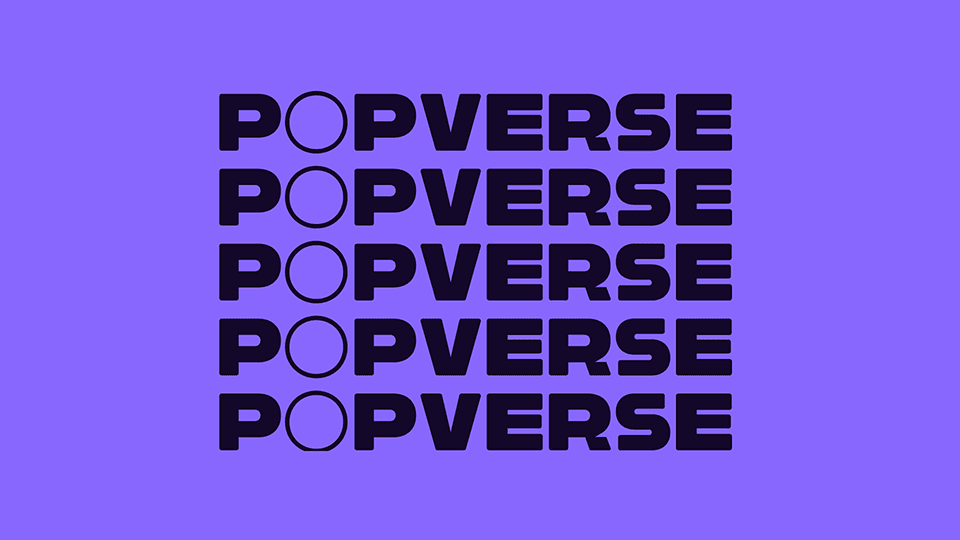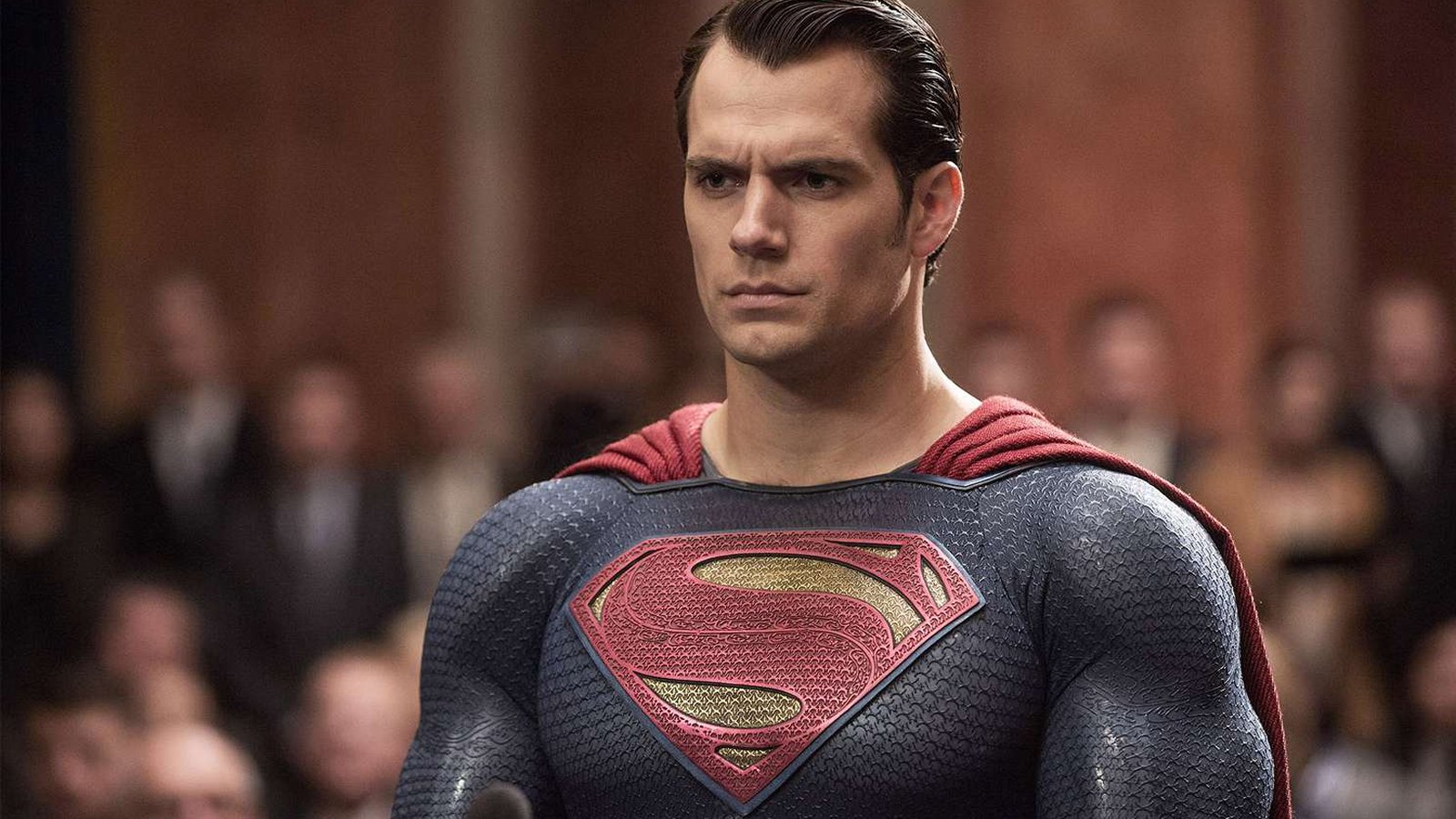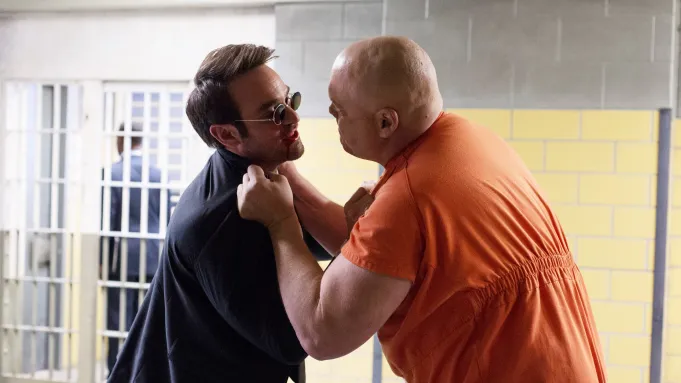If you click on a link and make a purchase we may receive a small commission. Read our editorial policy.
DC's Man of Steel, 10 years later: a Superman film prettier (and better?) than you remember
Just don't listen to what everyone is saying

The first thing that surprises about rewatching Man of Steel a decade after its release is how pretty it is. (Well, some genuinely ropey CGI aside, most obviously in the opening Krypton sequence.)
For all that director Zack Snyder gets grief about his storytelling choices in later movies like Batman v. Superman: Dawn of Justice and Justice League — some of which is definitely deserved, I hasten to add — he’s arguably the best thing about Man of Steel by some distance, bringing a scale and a surprising sense of intimacy and calm to a movie that is, by most objective measurements, utterly overblown and bombastic.
In retrospect, it’s easy to see why the first teaser trailer for the movie is essentially an edit consisting of some of Snyder’s lovely establishing shots, as if it’s some kind of ersatz visual tone poem; not only do those shots stand out against a backdrop of Marvel movie aesthetics, but they’re also amongst the finest parts of the movie.
That’s not meant as a dig against Henry Cavill — forever, perhaps, the best on-screen Superman to never get a script worthy of his performance — or the rest of the cast, who almost to a person put in fine work while being drastically underserved by a screenplay that is, to say the least, flawed. So much of Man of Steel is a story of very talented people working in the service of something that, basically, doesn’t actually work in and of itself. Led by Cavill but featuring some great turns by Diane Lane, Laurence Fishburne, and Michael Shannon, who’s just utterly magnetic as a Zod that is at once cartoonish and completely malevolent and terrifying, the cast is doing everything it collectively can to bring the movie to life in imperfect circumstances.
Sure, there are missteps in terms of casting — I don’t think either of Superman’s fathers are particularly convincing, although Russell Crowe’s apparent transportation from another movie entirely is amusing for all the wrong reasons; Kevin Costner’s frowning, whispering Pa Kent feels curiously out of place and unconvincing for other reasons too difficult to pinpoint, although that might be something as simple as, “Should Superman’s dad seem more loving and less fearful?” — but, as a whole, they’re not what’s “wrong” with Man of Steel. That falls entirely on the shoulders of the writing.

Man of Steel is a mess because of the screenplay. Conceptually, and even in terms of overall plot, there’s no real problem; even the controversial “Superman kills Zod” ending isn’t really something I have too much of a problem with, even if I’m pretty firmly on the “Superman doesn’t kill” side of that argument; nonetheless, the idea that the character, at the start of his career, makes a decision he immediately regrets in the heat of the moment works for me on some level. Beyond that, plot drivers like the Phantom Zone villains pursuing Superman because he holds the key to restoring the Kryptonian race hold conceptual water, and the wonderful scenes of a young Clark Kent being genuinely horrified by how different he is and how alone he is because of those differences are really interesting… but in general, the screenplay to Man of Steel is a leaden, mechanical grind filled with dialogue that is more focused on exposition than character, and it grounds the movie when it truly needs to soar.

The writing becomes more of a problem as the movie heads into its second half, wherein the movie speeds up from its flashback-laden beginning and leans further into CGI-heavy sequences that strip even more of the humanity out of proceedings. When both your eyes and your ears are telling you that what’s onscreen feels fake and unconvincing, it’s more likely that you’ll drop out and lose interest — and in a lot of Man of Steel’s back half, that’s all too easy to do. Having villains literally lecture the hero about their theory that they’ll win because they do not have any morality feels too on the nose, and when they can punch each other into the sidewalk, there is an unavoidable sense of, “when is this cut scene going to end and when is it my turn to play?”
Despite that, despite all of that, I arguably liked Man of Steel more upon revisiting it than I expected. It is, if nothing else, a fascinatingly ambitious movie that tries to do something different from what has now become the norm from Marvel Studios. For all that it falls short of meeting its own ambition, and for all its faults (especially that terrible dialogue, and an over reliance on unconvincing CGI), there are enough moments of genuine interest and beauty — those wonderful, nonsensical establishing shots, the sense of stillness and melancholy that threads through the movie’s first half — to make it an oddly enjoyable viewing experience when viewed with the benefit of hindsight.
Man of Steel is, genuinely, an underrated superhero movie, and one that many contemporary superhero movies could learn from. Just don’t do what I did and follow it up with an immediate viewing of Batman v. Superman: Dawn of Justice. After all, these aren’t short movies, friends, and there’s only so much a body can take in one sitting.
The DC Extended Universe, which began with Man of Steel, is winding to its conclusion; it will be replaced by DC Studios’ new DCU — here’s what that means in practice.
Follow Popverse for upcoming event coverage and news
Find out how we conduct our review by reading our review policy
Let Popverse be your tour guide through the wilderness of pop culture
Sign in and let us help you find your new favorite thing.
















Comments
Want to join the discussion? Please activate your account first.
Visit Reedpop ID if you need to resend the confirmation email.